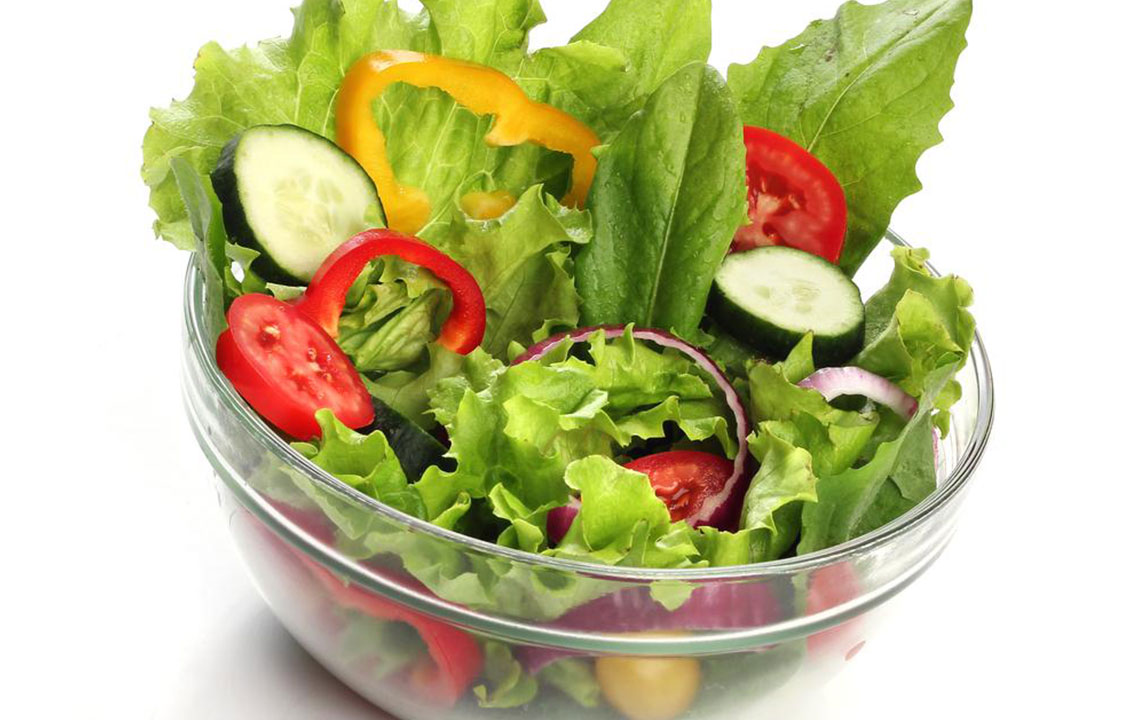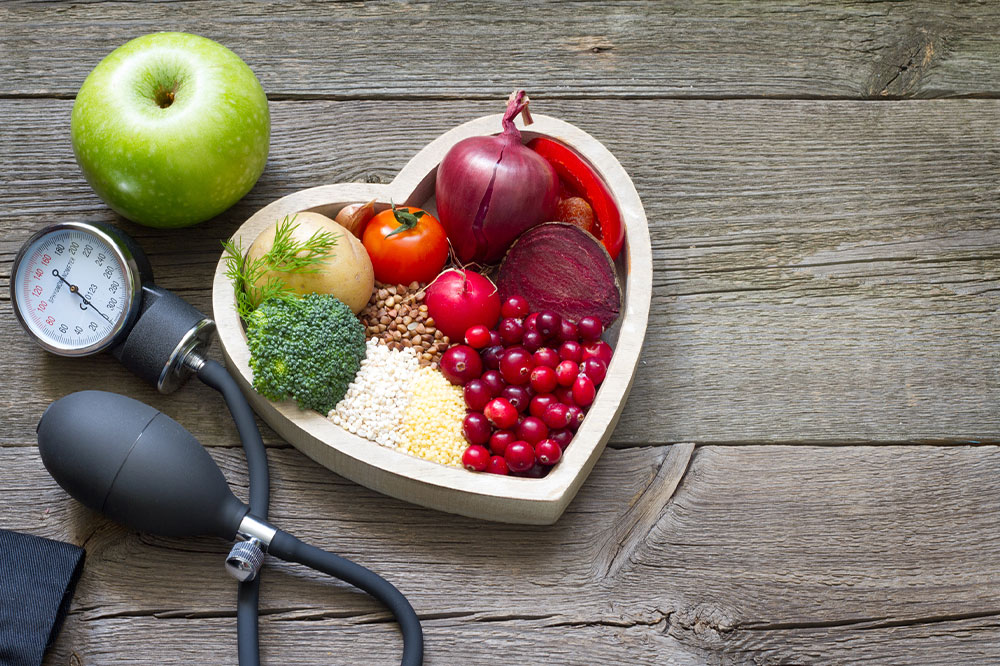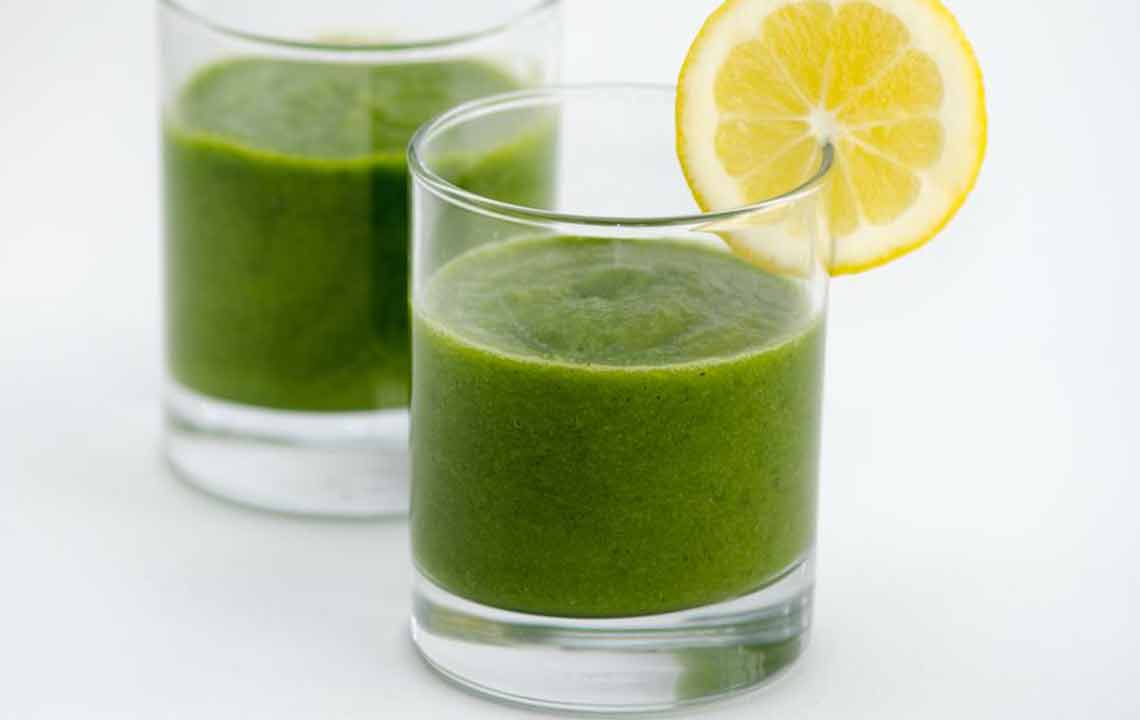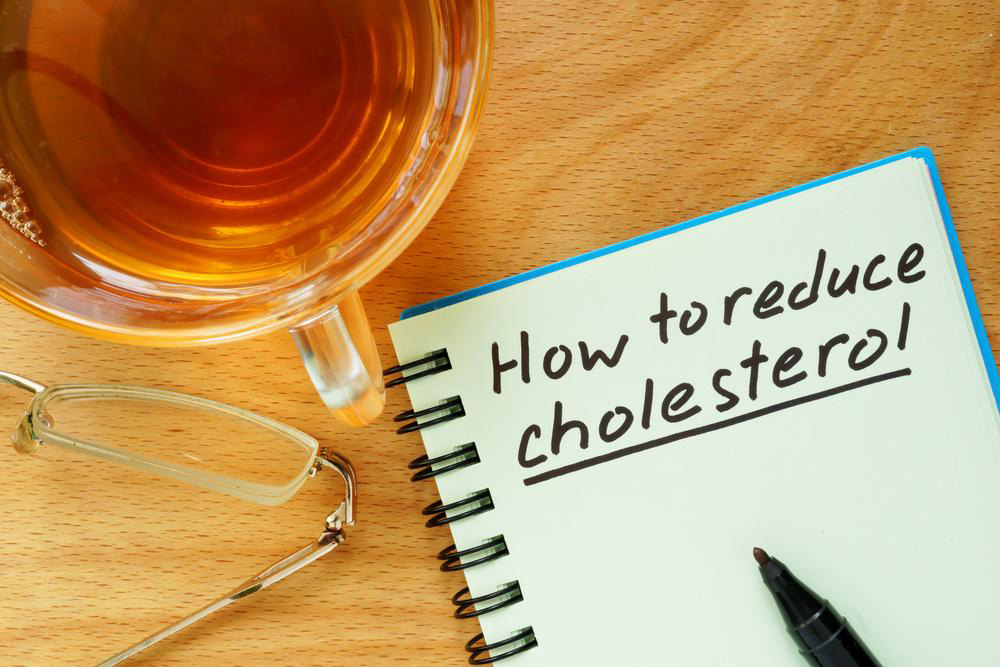Top Strategies to Reduce Bad Cholesterol Naturally
Discover effective natural methods to lower bad cholesterol and improve heart health. This guide covers diet tips, exercise routines, lifestyle changes, and when to seek medical advice. Simple adjustments like eating healthy fats, increasing omega-3 intake, and quitting smoking can significantly reduce your risk of heart disease. Incorporate soluble fiber-rich foods and exercise regularly for better cholesterol levels. Combining these strategies can enhance overall well-being and help maintain a healthy heart for life.

Top Strategies to Reduce Bad Cholesterol Naturally
Elevated cholesterol significantly increases the risk of cardiovascular issues such as strokes and heart attacks. While medications can help, adopting healthier lifestyle habits is essential for effective cholesterol management. Making dietary and activity modifications can accelerate cholesterol reduction even when on medication. Implementing these changes not only improves heart health but also enhances overall well-being.
Eat healthy fats Modern diets often favor processed foods, leading to unhealthy eating patterns. To lower cholesterol, focus on integrating good fats into your meals. Reducing saturated fats found in dairy and red meats and choosing healthier fats like monounsaturated fats in olive or canola oils is beneficial. Opt for low-fat dairy and lean meats for a heart-friendly diet.

Avoid trans fats Trans fats increase harmful LDL cholesterol and decrease beneficial HDL cholesterol. Fried foods and many processed products, including snack cakes and cookies containing partially hydrogenated oils, are primary sources. Consuming these in small amounts adds up over time, raising cardiovascular risks. To protect your heart, eliminate or significantly limit sources of trans fats from your diet.
Increase omega-3 fatty acids Omega-3s are powerful for heart health—they boost HDL levels and lower triglycerides. They can also help regulate blood pressure. Excellent sources include fatty fish like salmon, mackerel, and herring. Plant-based options include ground flaxseeds, almonds, and walnuts, which can easily be added to your diet. Regular omega-3 intake supports healthier cholesterol levels.
Eat soluble fiber-rich foods Soluble fiber helps reduce LDL cholesterol and improves heart health. Foods high in soluble fiber include vegetables, fruits, legumes, oats, and lentils. Incorporating adequate amounts into your daily diet can make a significant difference in managing cholesterol levels.
Utilize whey protein Dairy-based whey protein offers notable health advantages, especially in lowering LDL cholesterol. Consider consuming whey protein supplements available in stores to help balance your cholesterol profile safely and effectively.
Be physically active Leading an inactive lifestyle raises cholesterol levels. Engaging in 30 minutes of moderate exercise daily — such as walking, swimming, or sports — can boost HDL and lower LDL cholesterol. Breaking exercise into sessions throughout the day is also effective. Maintaining a regular workout routine helps manage weight and enhances heart health.
Quit smoking Smoking deteriorates cardiovascular health and lowers HDL levels. Quitting improves heart function significantly; within minutes, blood pressure and heart rate decrease. After a year without cigarettes, your risk of heart disease drops by half. Long-term abstinence aligns your risk closely with that of non-smokers, benefiting overall heart health tremendously.
When lifestyle changes aren't enough, doctors may recommend medication. Combining healthful habits with medication ensures optimal cholesterol control. This approach often allows for lower medication doses and better long-term outcomes.










